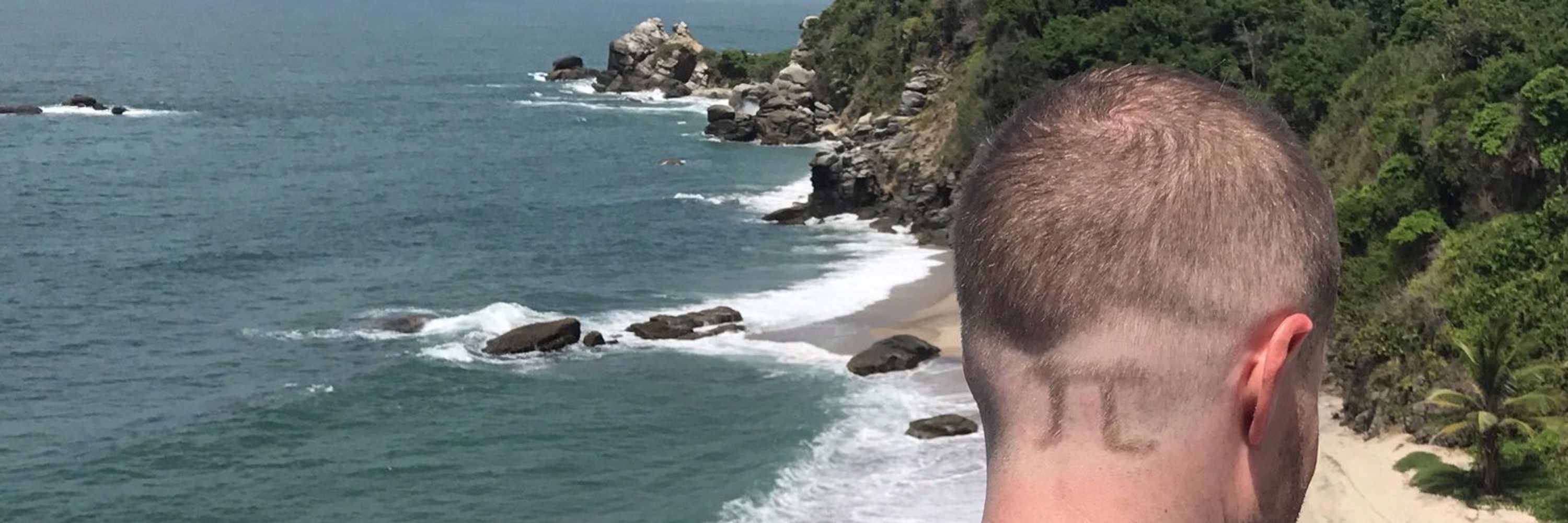
Mathematician working in Ecology, Biodiversity Conservation, Fisheries, Natural Resource Management, Wildlife Trade, and Sustainability. Senior Lecturer at the University of Queensland. President of the Resource Modeling Association #LGBTQSTEM he/they .. more
Mathematician working in Ecology, Biodiversity Conservation, Fisheries, Natural Resource Management, Wildlife Trade, and Sustainability. Senior Lecturer at the University of Queensland. President of the Resource Modeling Association #LGBTQSTEM he/they
Matthew Holden Jr. was an American political scientist.
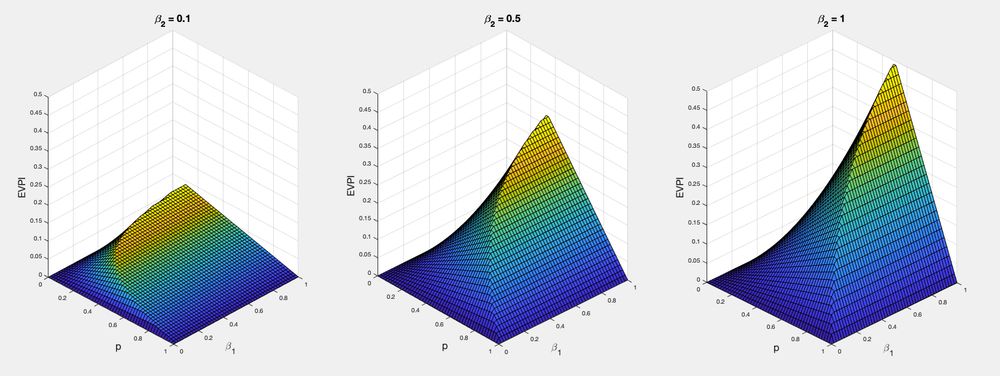
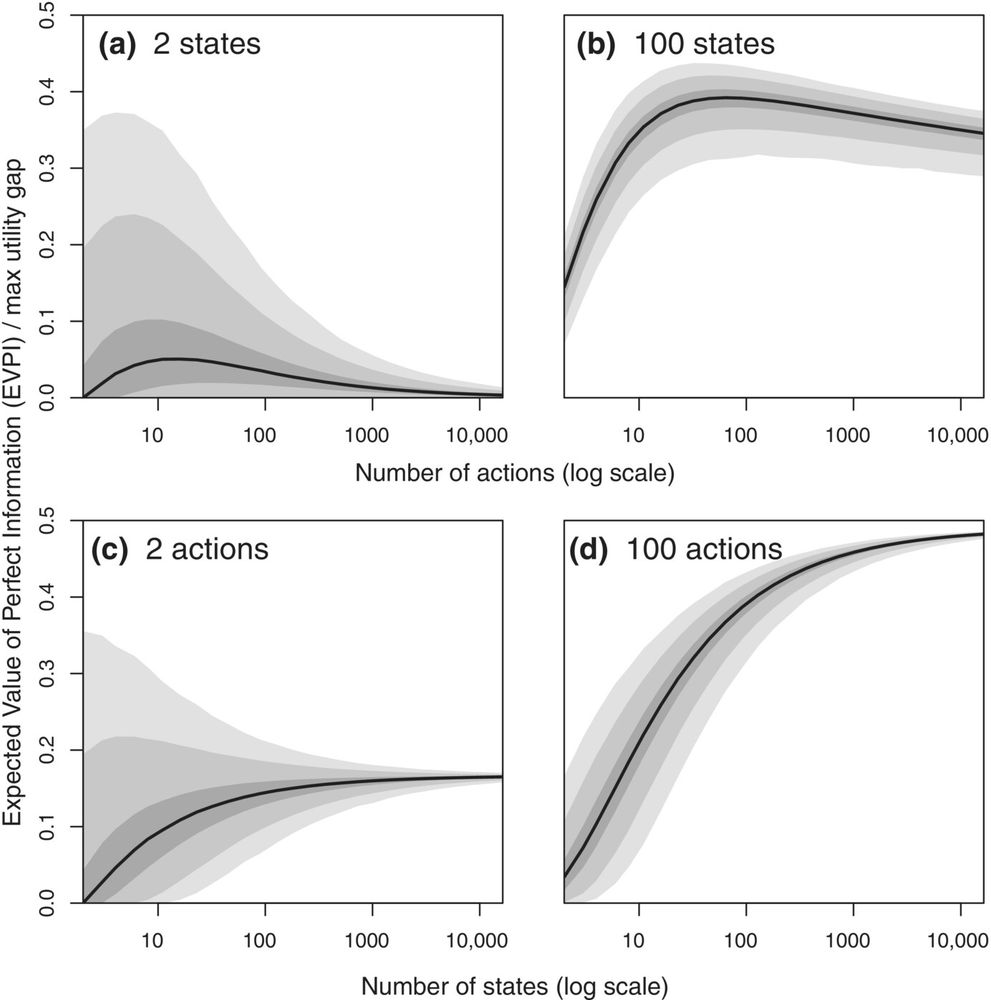
But 90 of us have signed an 'Independent statement on the Group of Eight’s position on EPBC Act reforms'
🙏 Prof Justine Bell-James for writing & coordinating the independent statement
Reposted by Euan G. Ritchie, Matthew Holden, Catherine J. Frieman




But 90 of us have signed an 'Independent statement on the Group of Eight’s position on EPBC Act reforms'
🙏 Prof Justine Bell-James for writing & coordinating the independent statement


Reposted by Shannon Vallor, Lesley A. Hall, Matthew Holden
if any part of your morality strategy involves picking a group to let die on a hill, throw the entire strategy out. it’s wrong.
Reposted by Hugh P. Possingham

Reposted by Matthew Holden, Kate J. Helmstedt

arxiv.org/abs/2508.07594

Reposted by Hugh P. Possingham, Julie L. Lockwood, Elena Litchman

Reposted by Benjamin Jones, Matthew Holden
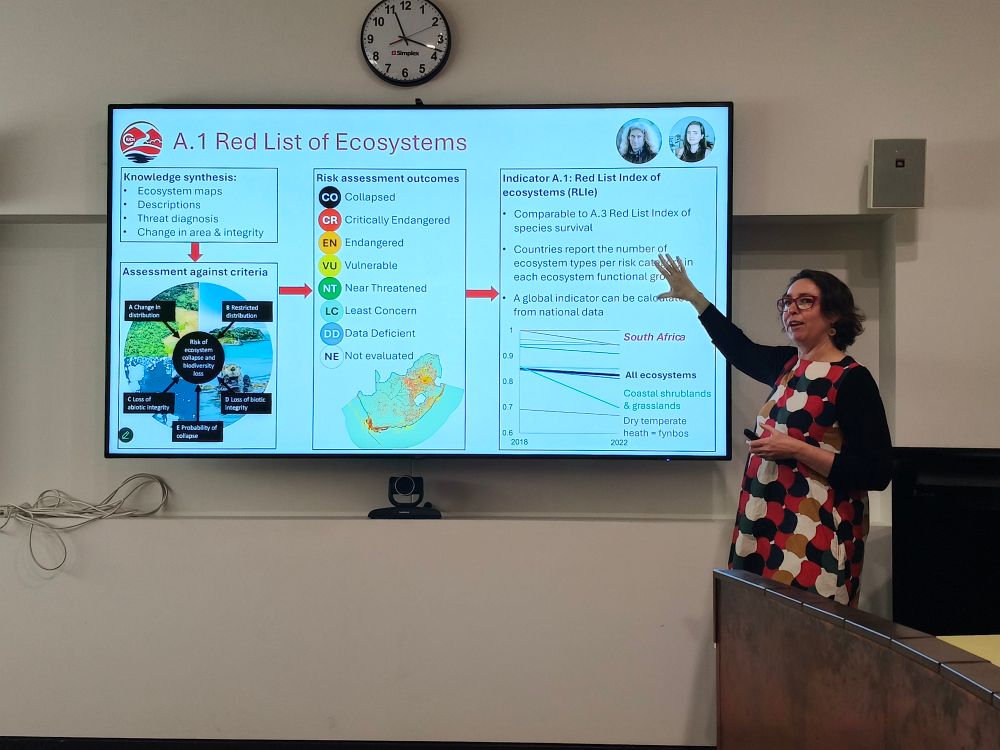
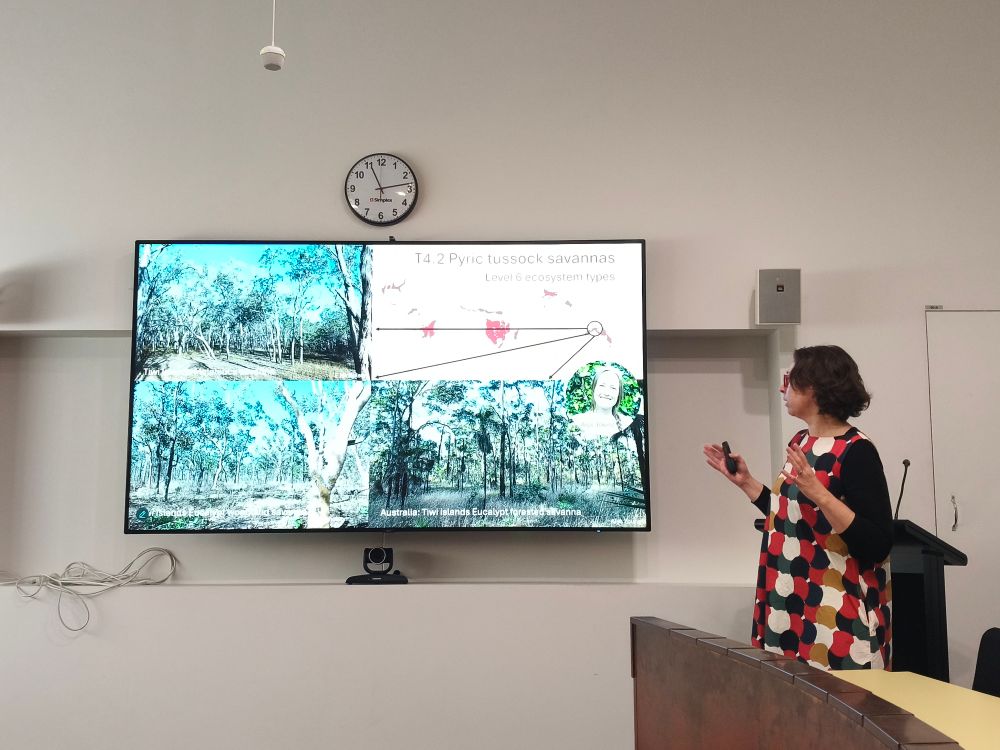
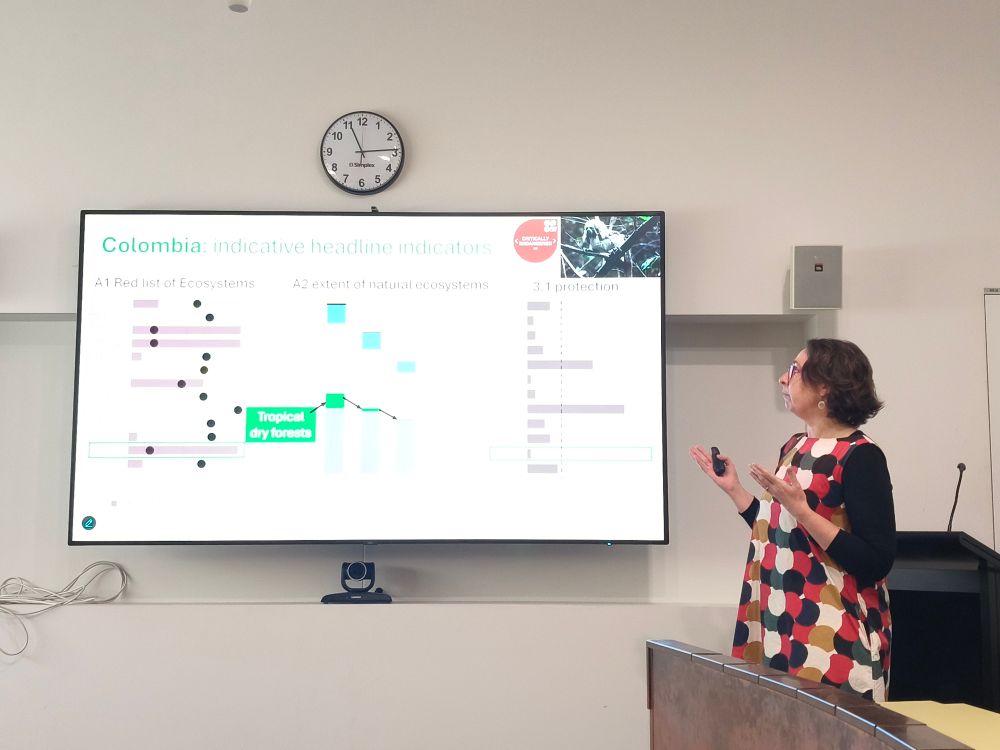
@aciucn.bsky.social @uq-cbcs.bsky.social
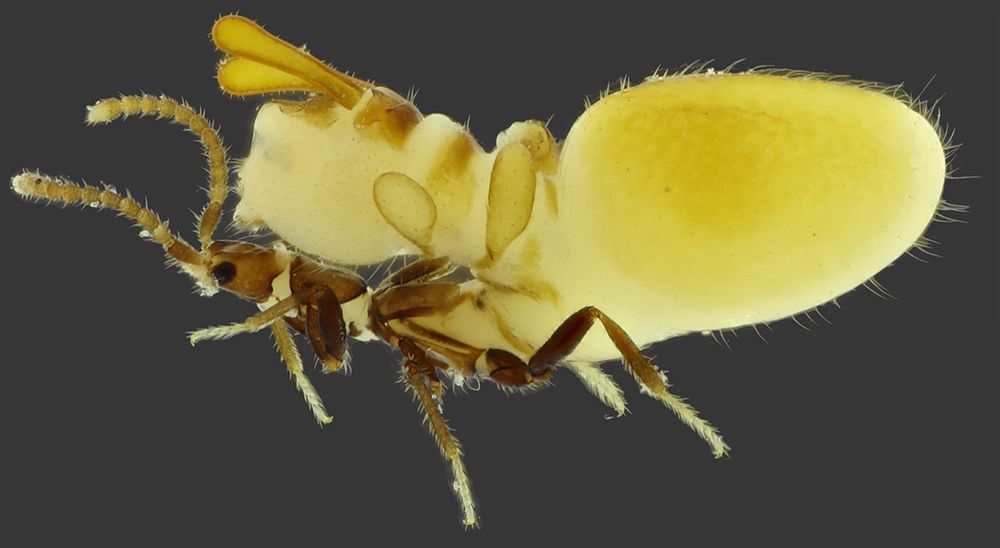
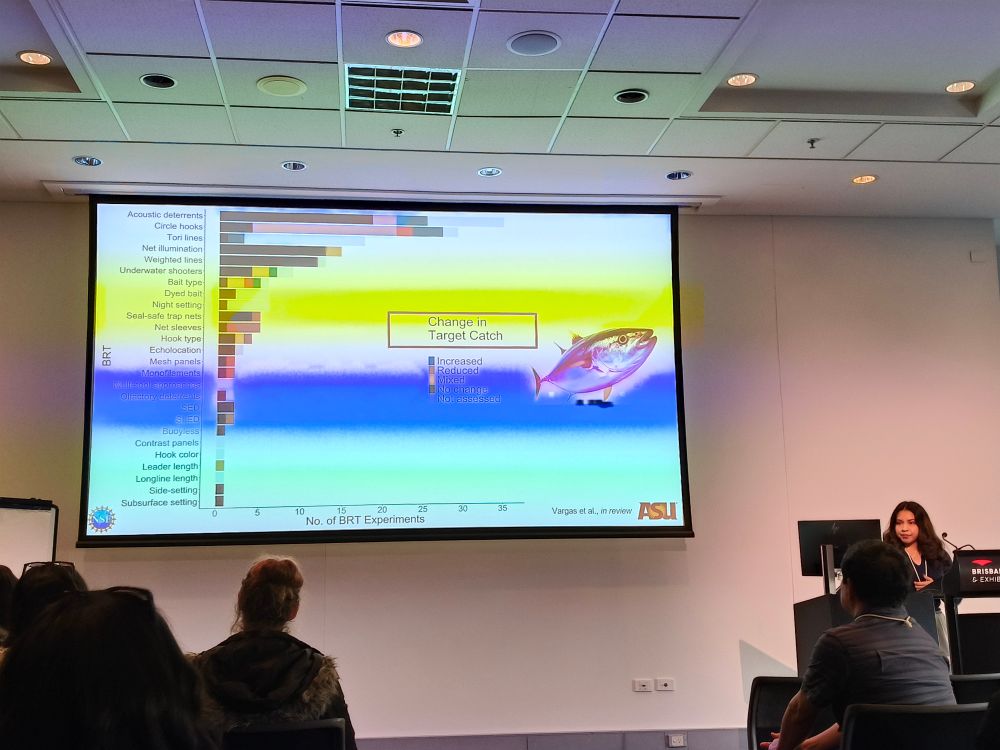
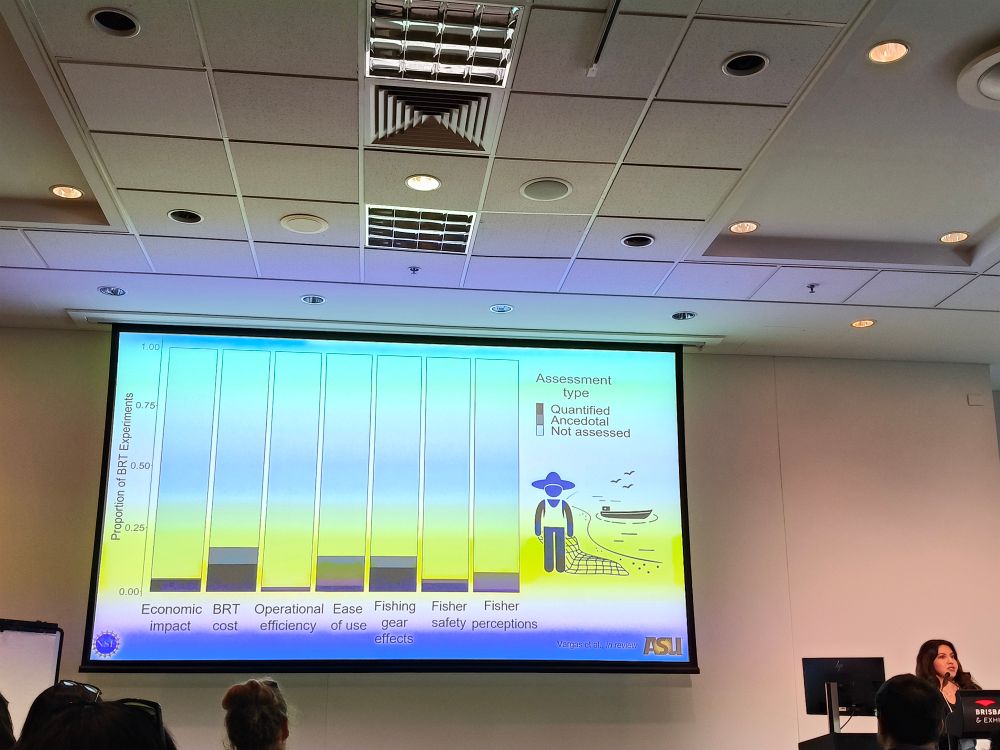
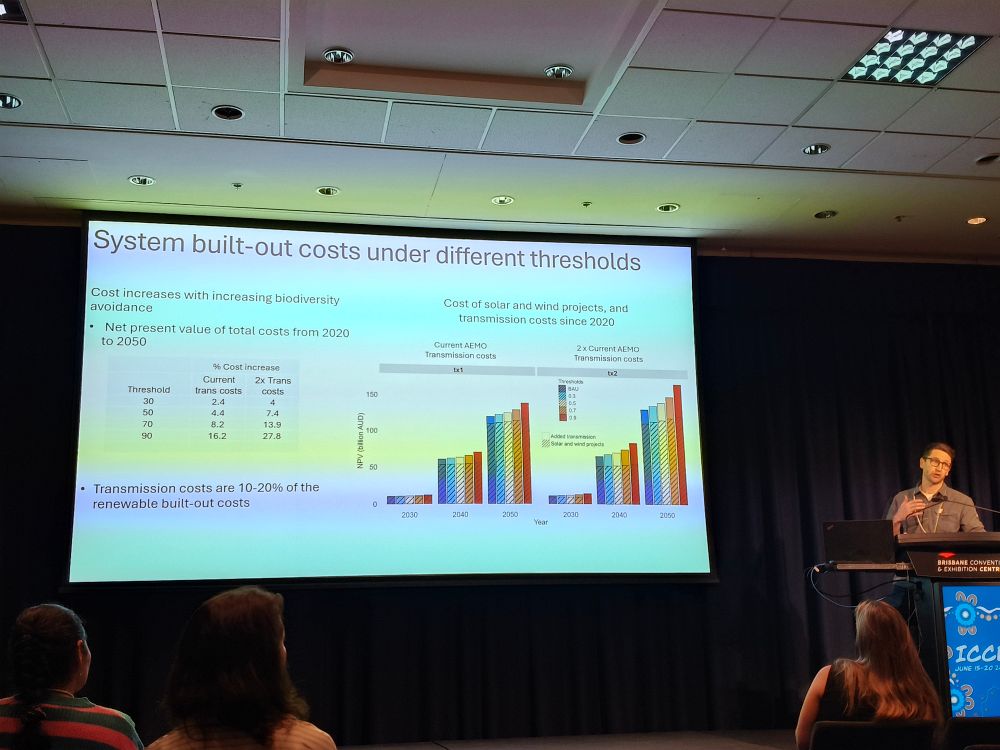
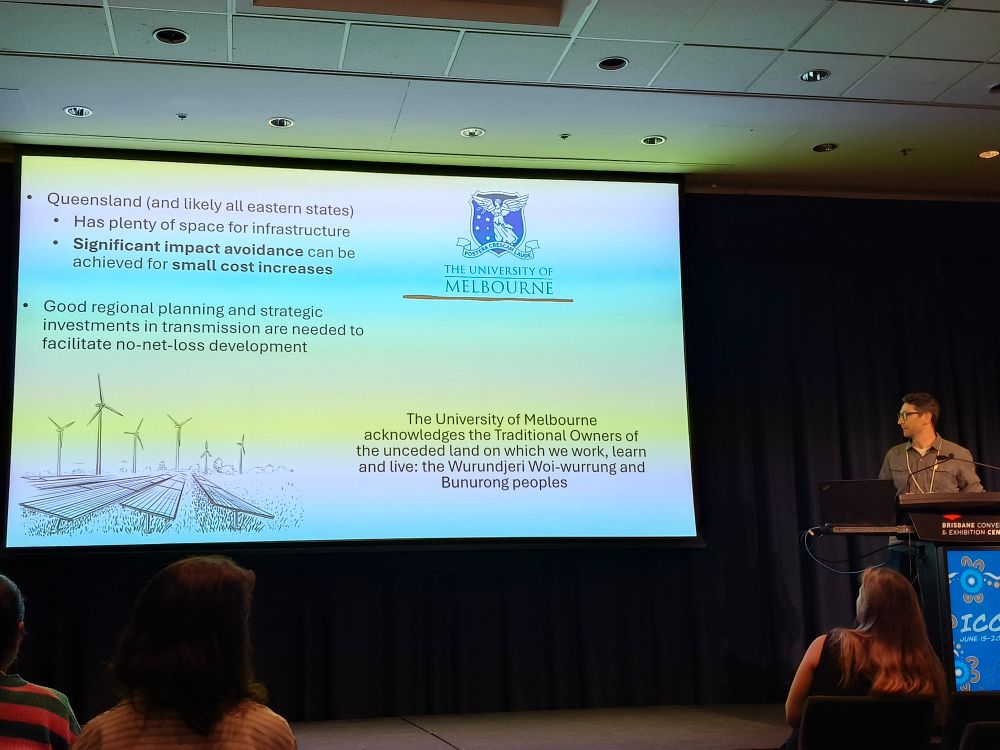
Reposted by Matthew Holden
Absolutely not true. Just because AI can do something too doesn't mean that doing it doesn't have pedagogical value.
Reposted by Matthew Holden
Reposted by Matthew Holden
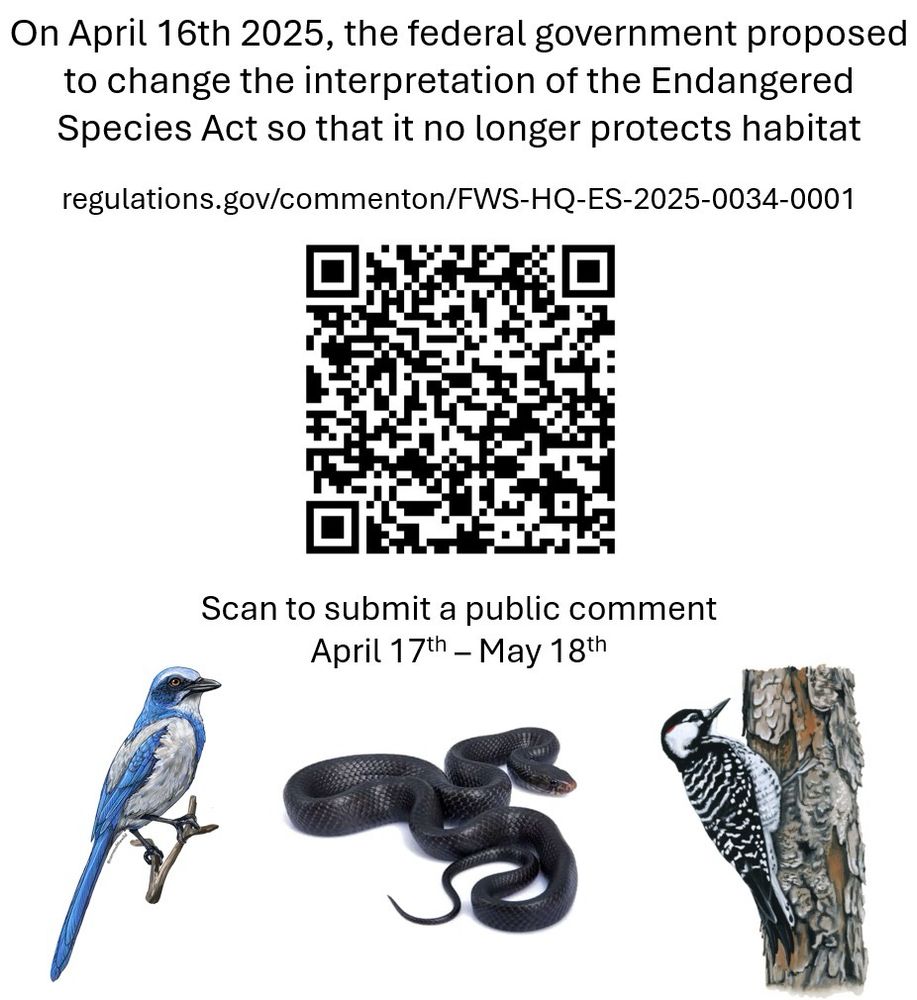
www.regulations.gov/commenton/FW...
#wildlife #ecology #conservation #biology #usa #habitatdisruption #preservation #development #earthday #government
www.instagram.com/reel/DJQd0_h...
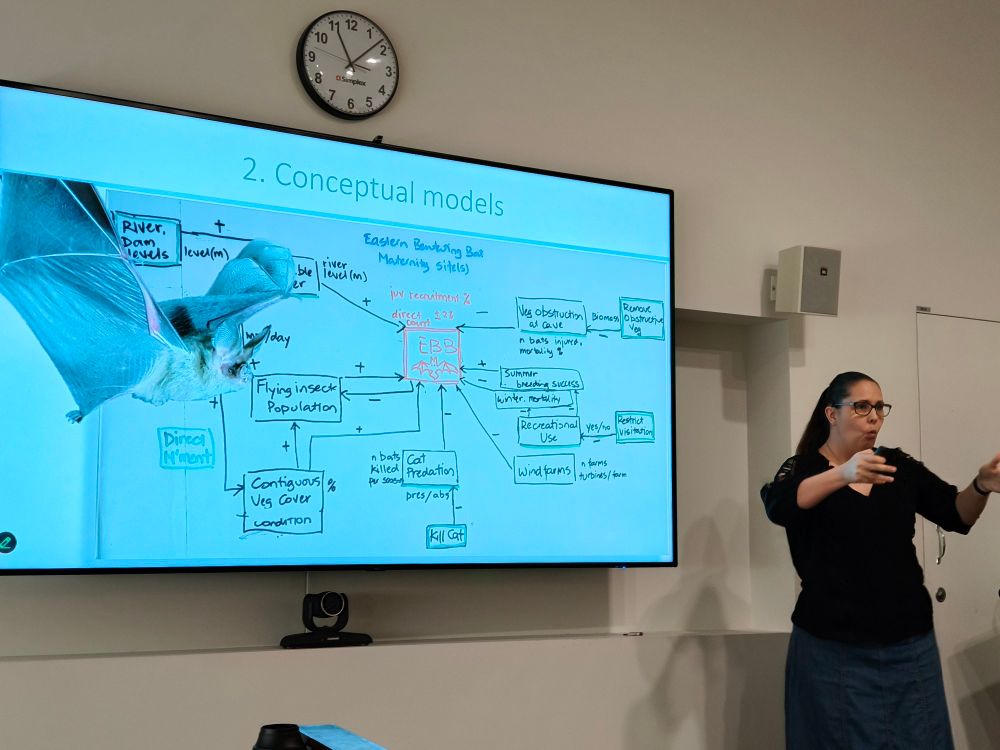
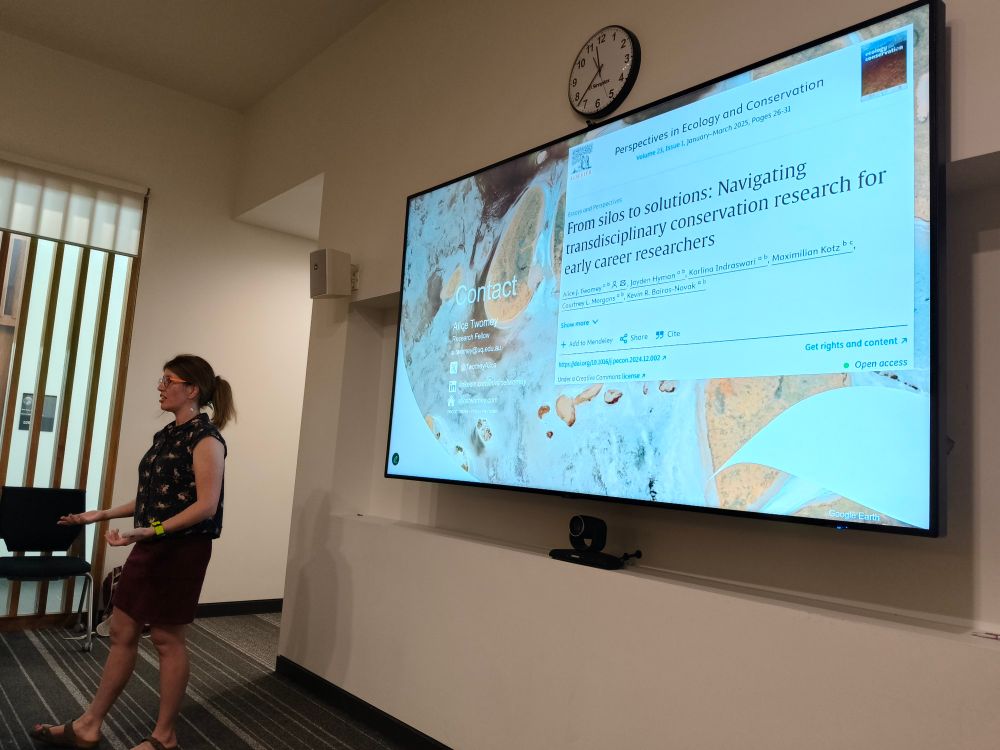
Reposted by Matthew Holden, Kate J. Helmstedt
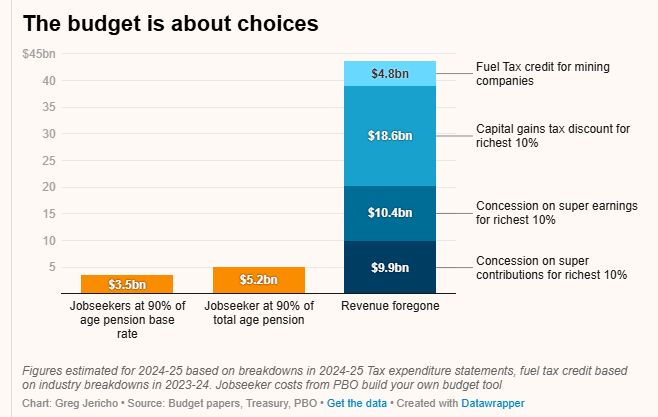
www.theguardian.com/business/gro...
Reposted by Kate J. Helmstedt
Reposted by Matthew Holden
Reposted by Matthew Holden, Kate J. Helmstedt

